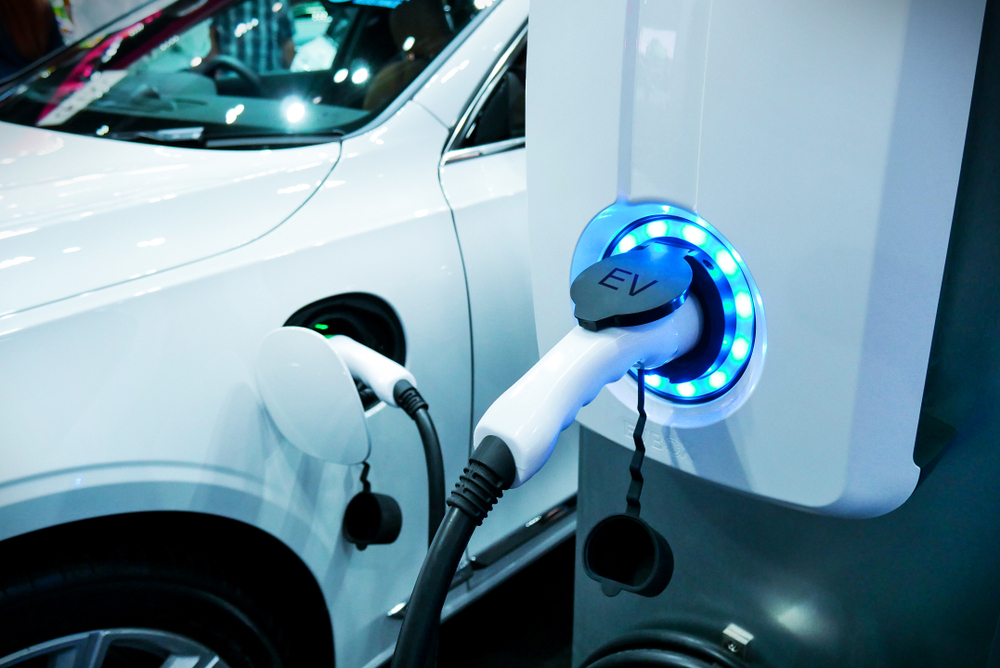The fledgling electric vehicles sector urgently needs financial support from the government in terms of fast GST refunds, which is most important for this industry because of its inverted tax structure.
Import duty on finished goods is low compared with the duty on raw materials as the GST input on raw materials and other overheads are an average of 18 per cent, wherein the duty on output is pegged at 5 per cent.
Speaking to The Telegraph, Jeetender Sharma, managing director and founder of Okinawa Scooter, said: “The coronavirus spread has impacted all the industry sectors. EVs are a thin slice of the overall automobile industry. As a lot of players import CKD and SKD units, the activities are on hold at present.”
On the supply chain of electric two-wheelers, Sharma said: “We cannot deduce it in monetary terms at present, but yes, there has been a huge impact on the supply chain, specifically in logistics and manufacturing. Once this lockdown is lifted, we will be sitting with all the stakeholders to gauge the overall impact. Since all the two-wheeler electric vehicles import the battery cells from outside, it happens to be the most affected component in the market.
“As the Covid 19 tightened its grip, Okinawa put its manufacturing unit on temporary hold to ensure the safety of the workforce. The company will resume its production once the things return to normalcy.”
Okinawa imports the lithium ion battery cells from China and Korea. “As a company policy, we always maintain a minimum of three months inventory of components. Therefore, we have battery cells in stock at present. Once things return to normalcy, we will be able to import and re-stock,” said Sharma.
Anticipating a fall in demand on the part of the consumers, Sharma pitched for “fast GST payback, which is most important for the EV industry because of its inverted tax structure. This might help the industry recover fast from the anticipated slowdown”.
Regarding the timeline for electrification, Sharma said: “Currently, it is difficult to estimate the exact damage or slowdown due to Covid 19. Once lockdown is lifted and situation returns to normalcy, all the stakeholders of the industry will analyse the situation. Only once there is clarity, it can be decided if the government should revise the timeline for electrification or not.”

